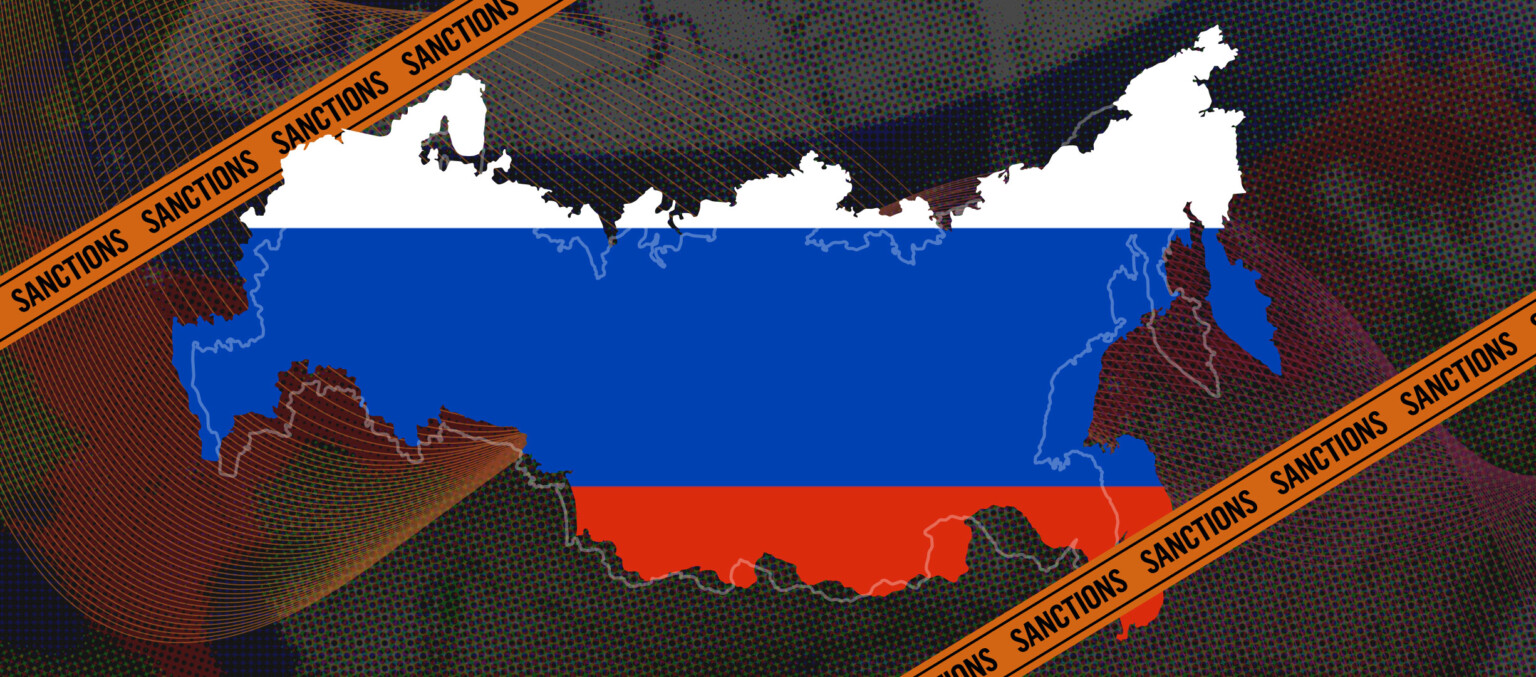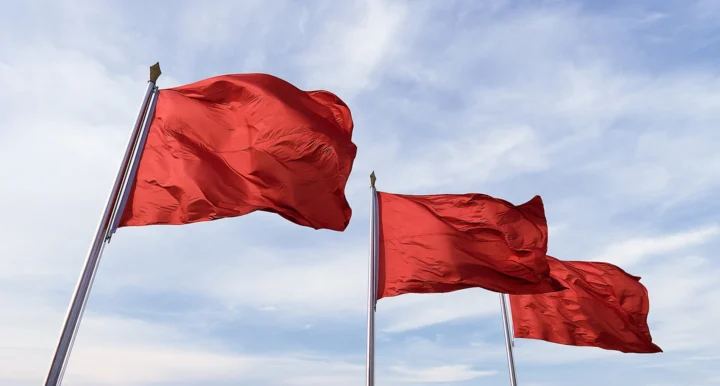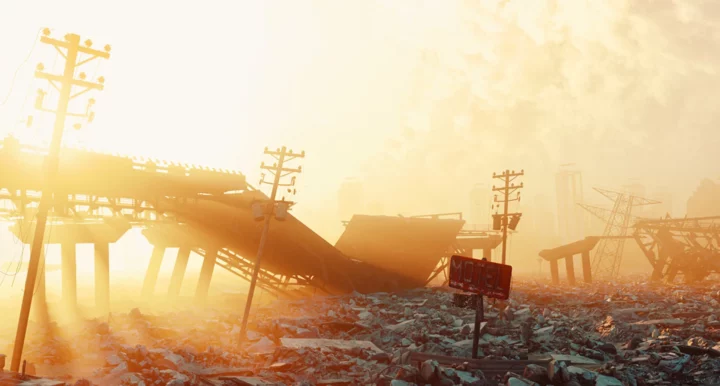Although they are not often featured in the history we learn in school, sanctions are a common feature of modern warfare as they can provide an effective alternative to martial tactics. In response to the Russian invasion of Ukraine on 24th February 2022, Western nations unveiled significant new economic sanctions against Russia.
In the United States, President Biden vowed to act in conjunction with other G7 nations to impose “devastating packages of sanctions”, whilst Prime Minister Boris Johnson announced that the UK government would be imposing “the largest and most severe package of economic sanctions that Russia has ever seen.” Meanwhile, the EU also moved to sanction Russia: following a summit of EU leaders, Belgian Prime Minister Alexander De Croo described a wide-ranging package of sanctions that would “hurt the Russian economy in its heart”.
Given the severity of the new Russia sanctions and the speed at which they have been deployed, it is crucial that banks and other financial institutions move quickly to understand their new compliance responsibilities and adjust their sanctions screening solutions to reflect the new risk environment.
US Sanctions on Russia
The United States has imposed a sanctions programme against Russia since its invasion of Ukraine in 2014, and in response to Russian efforts to interfere in Western elections via cyber-warfare. The US has also sanctioned Russia over human rights violations against journalists and opposition political leaders.
In response to Russia’s 2022 invasion of Ukraine, the US introduced the following new economic measures:
- Asset freezes against four major Russian banks including the State Corporation Bank for Development and Foreign Economic Affairs Vnesheconombank (VEB), and against Promsvyazbank Public Joint Stock Company (PSB) – along with 42 of those banks’ subsidiary organisations. Both institutions are deemed ‘crucial to financing the Russian defence industry’ and hold combined assets worth tens of billions of dollars.
- Targeted sanctions against Russian elites and families close to Russian President Vladimir Putin, including:
- Aleksandr Vasilievich Bortnikov, director of the Russian Federal Security Service (FSB)
- Denis Aleksandrovich Bortnikov, deputy president of Russian state-owned VTB Bank
- Petr Mikhailovich Fradkov, chairman of PSB
- Vladimir Sergeevich Kiriyenko, CEO of VK Group, the parent company of Russia’s top social media platform, VKontakte
- Sergei Vladilenovich Kiriyenko, First Deputy Chief of Staff of the Presidential Office
- A range of restrictions on Russia’s sovereign debt, designed to prevent the Russian government from raising money to fund further actions in Ukraine.
- A ban on the export of goods and technologies to Russia that could be used to facilitate its hostile actions towards Ukraine.
UK Sanctions on Russia
The UK imposes autonomous sanctions on Russia under the authority of the Russia (Sanctions) (EU Exit) Regulations 2019. Like the US, the UK’s sanctions program was implemented in response to the 2014 invasion, Russian attempts to destabilise Western democracies, and the Russian government’s ongoing human rights violations against journalists and political dissidents.
On 24th February 2022, the UK’s Foreign Secretary, Liz Truss, announced ‘comprehensive’ sanctions against Russia in response to the invasion of Ukraine. The sanctions affect Russian elites, companies and banks, and include:
- Asset freezes for Russian banks operating in the UK. The UK government characterised the measure as ‘totally shutting off’ the banking system to Russian institutions.
- Prohibitions on Russian state-owned and private companies raising funds or borrowing through UK markets.
- Punitive restrictions on exports to and the trade with Russian high-technology and military industries.
- A UK airspace ban on Aeroflot, Russia’s national airline.
- An ongoing effort to exclude Russia from the SWIFT financial system.
- Targeted sanctions, including travel bans and asset freezes, against over 100 companies and individuals at the heart of Vladimir Putin’s regime. These include:
- Kirill Shamalov, Vladimir Putin’s son-in-law
- Petr Mikhailovich Fradkov, chairman of PSB
- Rostec, Russia’s largest defence company
- Tactical Missile Corporation, Russia’s largest missile supplier
- Uralvagonzavod, a Russian tank manufacturer
- A £50,000 limit on Russians making deposits in UK banks.
The UK has said that its Russia sanctions programme will be extended to targets in Belarus in response to their involvement in the invasion of Ukraine.
EU Sanctions on Russia
The EU has kept pace with the US and the UK in imposing sanctions on Russia in response to the 2014 invasion, ongoing political interference in Western democracies, and to human rights violations. On 23rd February 2022, the EU agreed a new package of Russia sanctions in response to the Ukraine invasion. The package includes the following measures:
- Sanctions against all 351 members of Russia’s State Duma (the lower house of the Russian parliament). The measure specifically targets the politicians that voted in favour of VladimirPutin’s recognition of the ‘independence’ of Ukraine’s Donetsk and Luhansk regions.
- Targeted sanctions, including asset freezes and travel bans, against 27 Russian individuals and entities that the EU has identified as having ‘contributed to the undermining or threatening of the territorial integrity, sovereignty and independence of Ukraine’. Those individuals and entities include:
- PSB Bank
- VEB Bank
- Bank Rossiya
- Internet Research Agency
- Sergei Shoigu, Russia’s Defence Minister
- Igor Shuvalov, Head of VEB Bank
- Maria Zaharova, Russian Foreign Ministry spokeswoman
- Margarita Simonyan, head of the RT TV news channel
- Restrictions on Russian banks and state-owned entities accessing and raising funds in the EU’s financial system.
- Restrictions on business relationships with entities in the Russia-controlled Donetsk and Luhansk regions of Ukraine.
Canada Sanctions on Russia
Canada has joined other Western nations in enhancing its existing Russia sanctions regime, which are imposed under the authority of the Special Economic Measures Act (SEMA), the Russia Regulations, and the Ukraine Regulations. The new sanctions, announced on 24th February 2022, add the following measures and restrictions to the existing regime:
- Targeted sanctions against 58 Russian individuals and entities. The targets include politicians, oligarchs and their family members, and several Russian financial institutions.
- Prohibitions against any business relationships with VEB Bank and PSB Bank.
- Sanctions against all 351 members of the Russian State Duma that voted in favour of recognising the ‘independence’ of the Donetsk and Luhansk regions.
- Restrictions on all financial dealings with persons in the Donetsk and Luhansk regions.
- Restrictions on persons in Canada purchasing Russian sovereign debt.
Future Sanctions
The political and military situation in Ukraine is extremely volatile and it is likely that the sanctions landscape will remain fluid for some time. Banks and financial institutions should prepare to deploy a high level of AML/CFT scrutiny for Russian customers and transactions that involve Russian and Ukrainian counterparts. This means implementing suitable sanctions screening measures, and consulting the relevant international sanctions lists regularly.
Difficulty in Administering Sanctions
The rapid announcement by western governments is impressive, but the implementation will be extremely complex. Russian individuals and companies have been participating heavily in Europe – and particularly in the UK. Before the invasion, Russians had proved adept at using corporate structures and shell companies to obscure ownership. Governments will try to unpick the complexities which will likely ultimately lead to stricter controls on the way companies are created. Banks and others trading internationally should prepare for a rough ride as the situation unfolds.
How can Ripjar help?
It is essential to have a balanced sanctions and watchlist management approach which guarantees 100% adherence to critical global sanctions lists while leveraging other supplementary lists to get a holistic view of risk. Ripjar’s next generation name matching approach has been developed to maximise true matches and minimising false positives – even when that involves matching Cyrillic, Asian and other character sets with Western or Latin names and vice versa.
With the rapidly evolving risk picture, Ripjar’s Adverse Media screening adds another dimension by highlighting potentially exposed customers as soon as they hit the news, with continuous monitoring and identification of risk. Using machine learning data classification, the Ripjar data processing hub can read articles in 21+ languages and a wide range of sources, and identify pertinent risk to enable analysts to review where further action must be taken.
To give yourself the best opportunity to understand and mitigate risks early and in depth, speak to Ripjar about how advanced technology can build a significant commercial advantage.
Contact Us to learn more
Last updated: 31 December 2024





